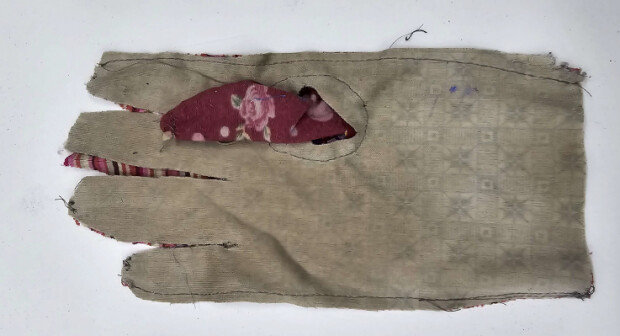Parasites found in N. Korea’s trash-laden balloons
Parasites found in N. Korea’s trash-laden balloons
Posted June. 25, 2024 08:01,
Updated June. 25, 2024 08:01

According to an analysis, parasites were found in the soil contained in balloons filled with manure and trash that North Korea sent to South Korea between late May and early June. Human genes were also detected in the soil, suggesting that the parasites originated from human feces, the Ministry of Unification reported. However, the ministry added that the amount of soil in the balloons was small and was collected and managed by the South Korean military, so there is no risk of land contamination or infectious diseases.
On Monday, the Ministry of Unification released the results of an analysis of about 70 filthy balloons launched by North Korea. According to the ministry, the detected parasites were soil-borne types, including roundworms, whipworms, and pinworms. The ministry explained that these parasites are typically found in countries with less developed healthcare environments, where human fertilizers are used instead of chemical fertilizers, or where living conditions are unhygienic.
The balloons also contained trash that highlighted North Korea's dire economic situation. To disguise its living conditions, North Korea has hastily manufactured items such as waste paper, plastic bags, and fabric scraps cut into specific sizes. However, many items found in the balloons, such as socks with multiple stitches, baby pants with holes, and gloves and masks patched with cloth, reveal the country's severe economic hardships.
The government reportedly analyzed the balloons' contents, which could be sensitive information for North Korea's leaders, as it observed signs that Pyongyang was preparing for another balloon attack.
Kyu-Jin Shin newjin@donga.com







